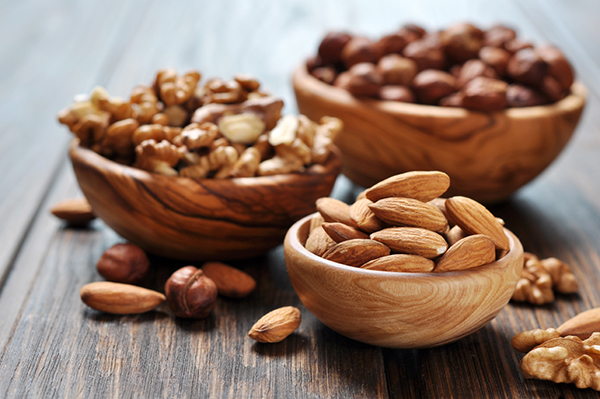 Eugenia Eliadou, Clinical Dietitian at Mediterraneo Hospital
Eugenia Eliadou, Clinical Dietitian at Mediterraneo Hospital
Walnuts have the highest value among dried nuts, as they protect the body from chronic diseases (cardiovascular and neurological diseases, as well as some forms of prostate and breast cancer). This is mainly due to their antioxidant and antithrombotic activity. Walnuts contain the highest amount of omega3 fatty acids from all other dried nuts, in the form of alpha-linoleic acid. Thirty grams of walnuts, correspond to about ¼ cup or a handful, and contain 2.5 grams of omega3 fatty acids.
Walnuts are rich in antioxidants, especially polyphenols. In walnuts there are unique antioxidants that are not found in other foods, such as quinone juglone, the telimagrandin (a rare tannin) and flavonol morin. That’s why they have powerful anti-inflammatory and antioxidant qualities. Polyphenols, according to studies, reduce tumor cell proliferation mainly in prostate cancer by mechanisms that are not fully defined yet.
During the past two decades, given the increased incidence of cardiovascular disease, several studies have set up to evaluate the effect of the ingredients found in walnuts. Due to their high content of the amino acid l-arginine, vitamin C and other components, walnuts reduce the ‘bad’ cholesterol (up to 15%) and blood pressure, two major risk factors for the occurrence of cardiovascular disease.
Walnuts are undoubtedly one of the healthiest foods and reinforce body health.
Consume about a handful per day as a snack or use in your cooking!
